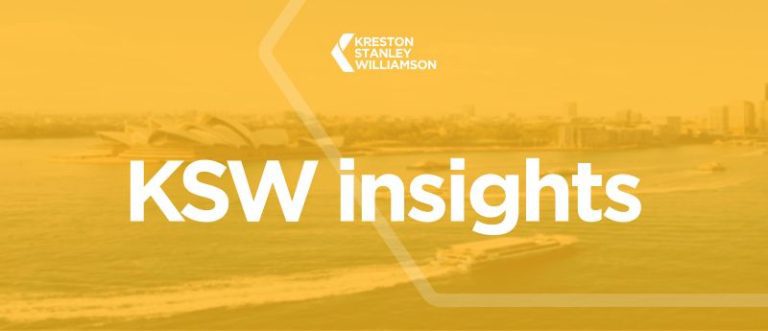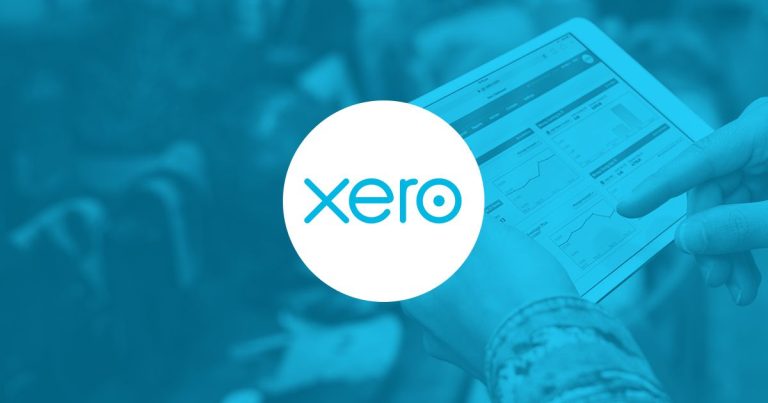New super laws and real-time reporting
As we near the conclusion of the initial quarter of the new super reforms that commenced on 1 July 2017, it’s essential to provide an update on the ATO’s mandated near real-time reporting specifically for SMSF accountants.
What is real-time reporting?
Also known as ‘events-based reporting’, real-time reporting is to streamline the reporting of member information to the ATO during the year. This is a substantial change to the previous reporting via the annual return after the end of each financial year.
When is real-time reporting required?
These new rules now mean that SMSFs in the pension phase must report incomings and outgoings from their fund more frequently than before. That includes commencement, variation and cessation of pensions and payments upon death, including reversionary pensions.
Any changes in the value of the pension accounts due to changes in the value of the underlying investments (e.g. investment gains/losses) do not need to be reported.
This is due to the introduction of the Transfer Balance Account (“TBA”), which applies to everyone and is a new limit on the amount of total superannuation one may have in the retirement phase (currently set at $1.6m for the 2017/18 year). As such, it will consider all superannuation balances, even if it’s held across multiple super funds. Under the Transfer Balance Account Reporting (“TBAR”) requirements, each fund must report on all pension activity for each pension account in the fund.
When does TBAR start?
The expected commencement date is 1 July 2018. However, SMSFs can commence reporting to the ATO in October 2017.
What are the reporting timeframes?
From 1 July 2018, the ATO has proposed they will need to be notified when:
- An income stream commences within 28 days after the end of the quarter it commenced
- Any subsequent debit or credit transactions to a member’s Transfer Balance Cap will have to be notified within 10 days after they occur.
The above reporting dates are not yet finalised as the ATO has requested industry feedback by 15 September 2017.
So where to now?
While we wait for the ATO guidance on how the TBAR will work in practise and the lodgement deadlines to be imposed, fund trustees should ensure their 2017 income tax is lodged on time this year.
Kreston Stanley Williamson Team
*Correct as of September 2017
Disclaimer – Kreston Stanley Williamson has produced this article to serve its clients and associates. The information contained in the article is of general comment only and is not intended to be advice on any particular matter. Before acting on any areas in this article, you must seek advice about your circumstances. Liability is limited by a scheme approved under professional standards legislation.














